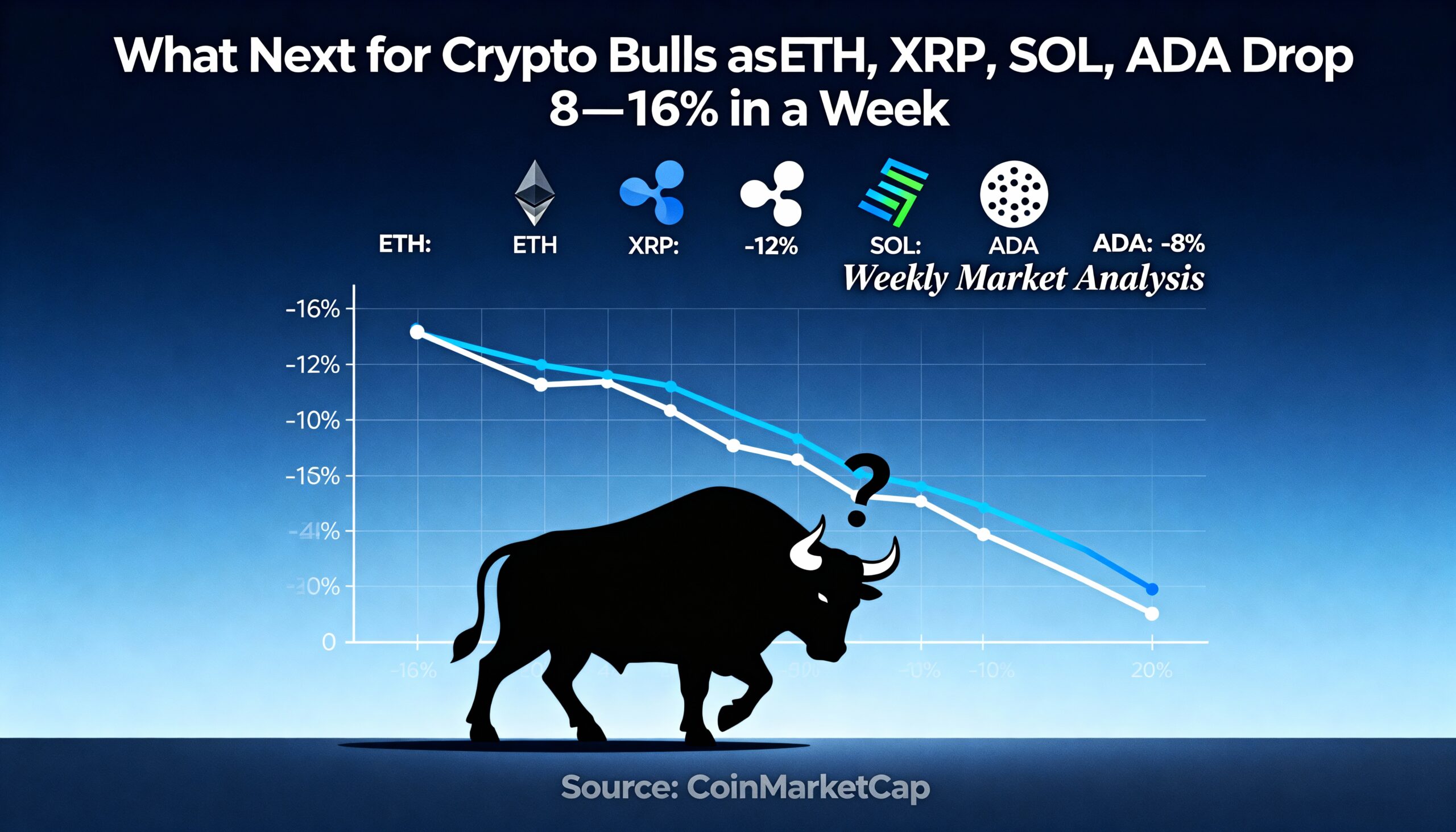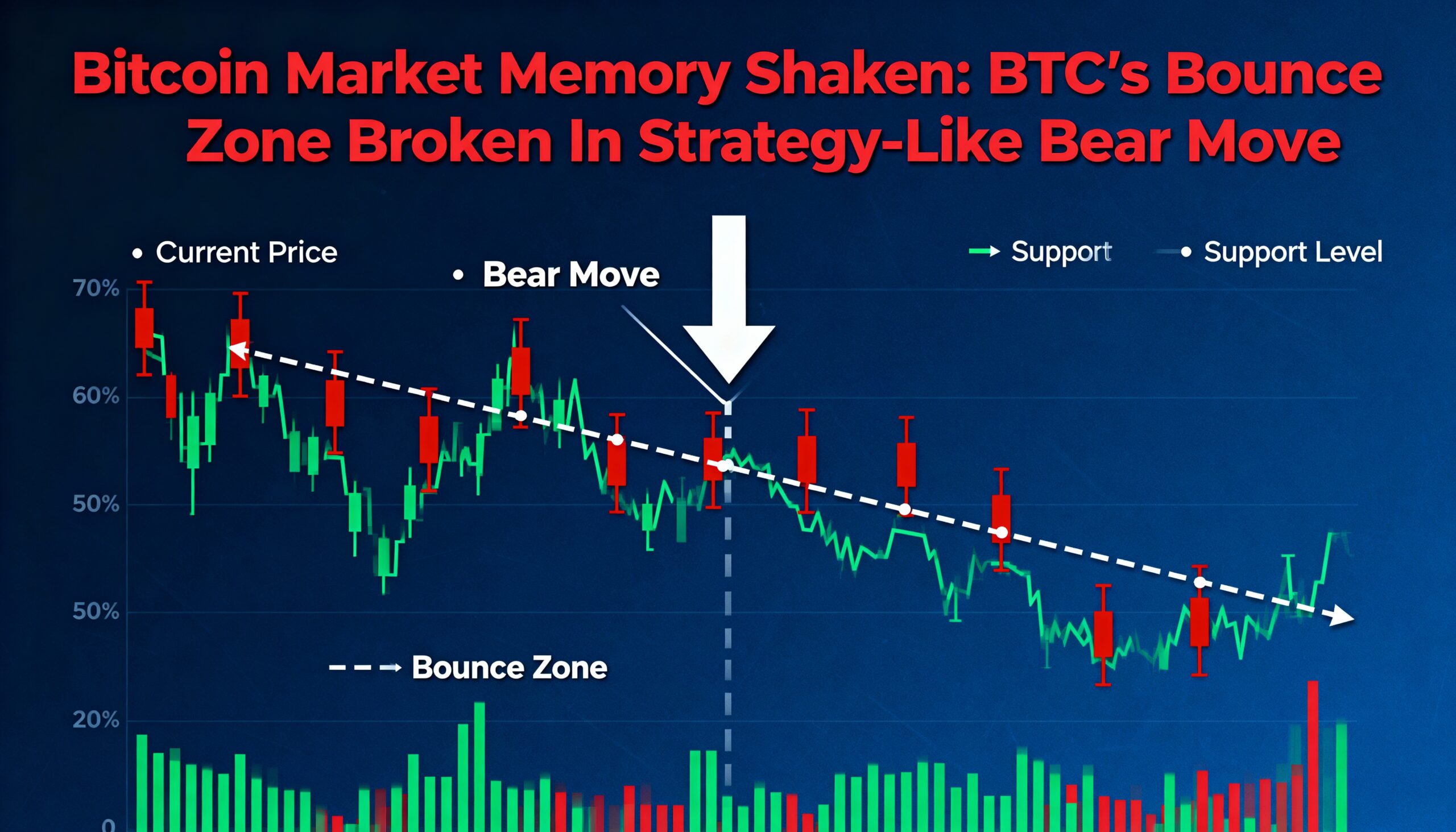
A stronger dollar has historically weighed on dollar-denominated assets like Bitcoin and gold, making them more expensive and reducing short-term demand.
On the second-to-last day of the year, XRP led losses in the cryptocurrency market as a strengthening dollar pressured global currencies and risk assets, including Bitcoin. Asian equity markets also fell on Monday.
XRP dropped over 5% in the past 24 hours, while other leading cryptocurrencies, including Dogecoin (DOGE), Solana’s SOL, Ether (ETH), and BNB, recorded losses of up to 2%. The total market capitalization of cryptocurrencies fell by 3%, and the CoinDesk 20 (CD20) index, which tracks the largest non-stablecoin tokens, declined by 3.5%.
U.S. equities closed lower on Friday, with investors trimming positions amid year-end uncertainty. An Asia-Pacific index gave up five days of gains, while futures linked to the U.S. S&P 500 and Nasdaq suggested losses in the upcoming U.S. session.
Bitcoin has traditionally shown an inverse relationship with the U.S. Dollar Index (DXY), which measures the dollar’s value against a basket of major global currencies.
The dollar’s current strength is largely driven by anticipation surrounding President-elect Donald Trump’s incoming administration. Trump’s promises of economic stimulus and growth-focused policies have bolstered investor confidence in the greenback.
When the dollar gains strength, traditional financial assets such as U.S. Treasuries and equities become more appealing compared to cryptocurrencies, as they offer returns supported by a strong dollar.
This environment has diminished expectations for a sustained crypto rally, especially as market liquidity remains low and investors engage in year-end profit-taking. The anticipated ‘Santa rally’ — a term for December’s typical bullish market trend — has not materialized, with Bitcoin slipping nearly 4% this month. Despite this setback, Bitcoin remains up 47% for the final quarter of the year.
Meanwhile, fading hopes for significant interest-rate cuts by the Federal Reserve have also put pressure on Bitcoin and other cryptocurrencies over the past month.
However, optimism persists among some analysts regarding the long-term prospects of the crypto market. Maksym Sakharov, co-founder of WeFi, shared his thoughts with CoinDesk via Telegram:
“Many believe Bitcoin and altcoins have reached their price ceiling, but I disagree. The recent market consolidation stems from short-term reactions to macroeconomic uncertainties. The Federal Reserve remains cautious despite inflation nearing its 2% target, and this could influence monetary policy next year.”
Sakharov remains hopeful about potential regulatory clarity under the new administration:
“Under President-elect Donald Trump, we anticipate a friendlier regulatory environment that will encourage more corporations to integrate Bitcoin into their financial strategies. If these expectations are realized, Bitcoin prices may become less reactive to macroeconomic fluctuations, reducing the intense volatility seen in recent years.”























